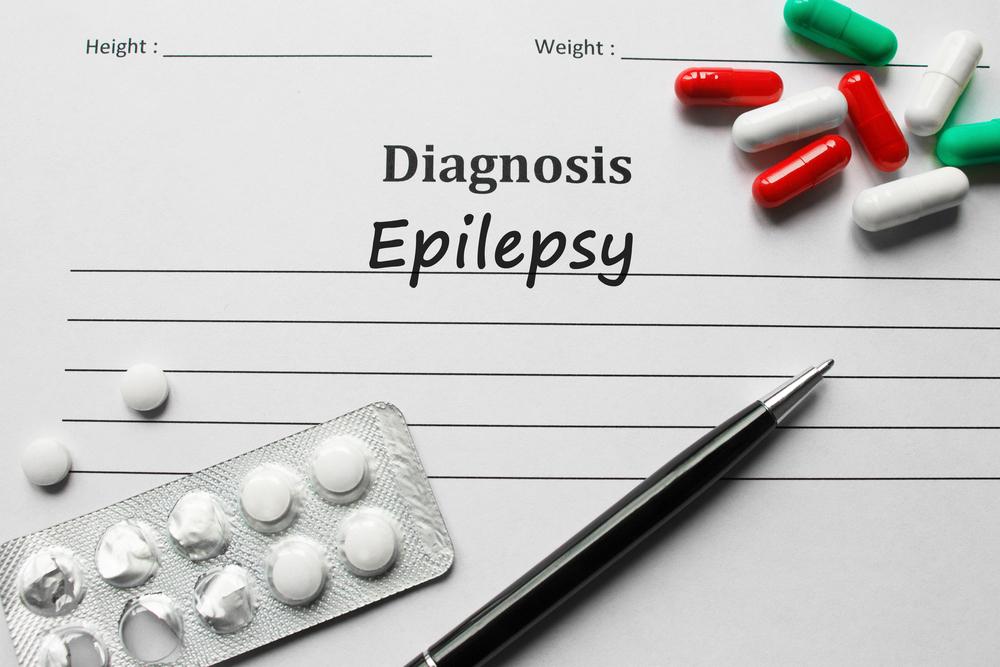Effective Strategies for Managing Brain Concussions
Discover essential strategies for managing concussions effectively, including immediate steps, rest tips, and precautions to ensure safe recovery. Proper medical guidance is crucial for preventing complications and promoting healing after a brain injury.
Sponsored

A concussion occurs when the brain, a delicate organ protected by cerebrospinal fluid and encased within the skull, experiences an impact causing it to hit the skull. This injury can happen even without obvious symptoms initially. After a head injury, it is crucial to consult a healthcare professional to assess and prevent potential complications.
Immediate Actions
Since a concussion involves brain health, it should be addressed promptly. Consulting a doctor is essential, especially since improper treatment may worsen the condition.
Medical professionals might recommend hospitalization for thorough observation or allow you to recover at home with proper supervision. Regardless of the location, constant monitoring and care are necessary.
Recovery Tips for Brain Concussions
The recovery process varies among individuals; some bounce back quickly, while others need more time. Here are recommended steps for managing a concussion:
Ensure plenty of sleep—aim for at least 10 hours nightly—and avoid strenuous activities during daytime.
Refrain from alcohol and recreational drugs.
Follow the prescribed medications carefully; avoid self-medicating or taking other drugs without medical advice.
Avoid physically and mentally demanding activities, including work, studies, exercise, and screen time involving computers, smartphones, or video games. Adjust your schedule to facilitate recovery.
Do not drive or operate machinery until your doctor approves. Always check with your healthcare provider before resuming such activities.
Use an ice pack to reduce swelling and soothe the head. Wrap the ice with a cloth to prevent skin damage.






